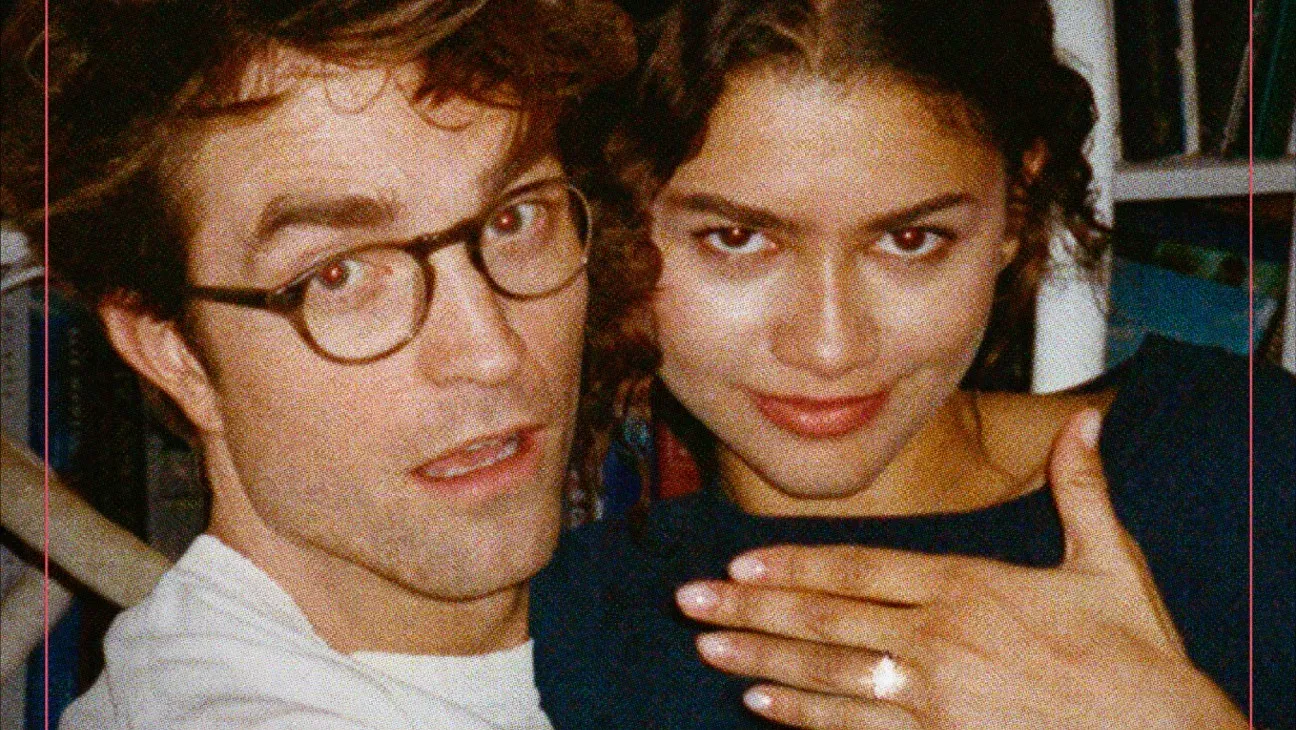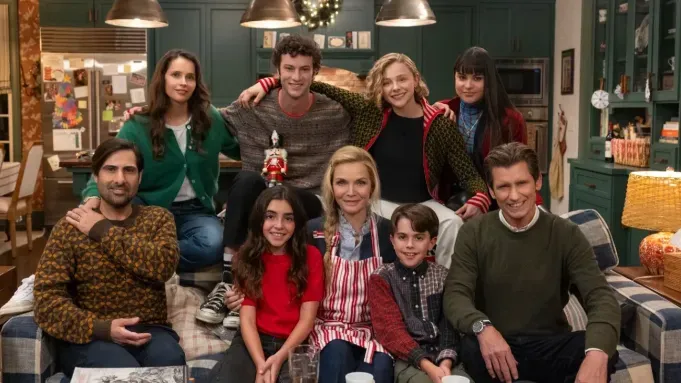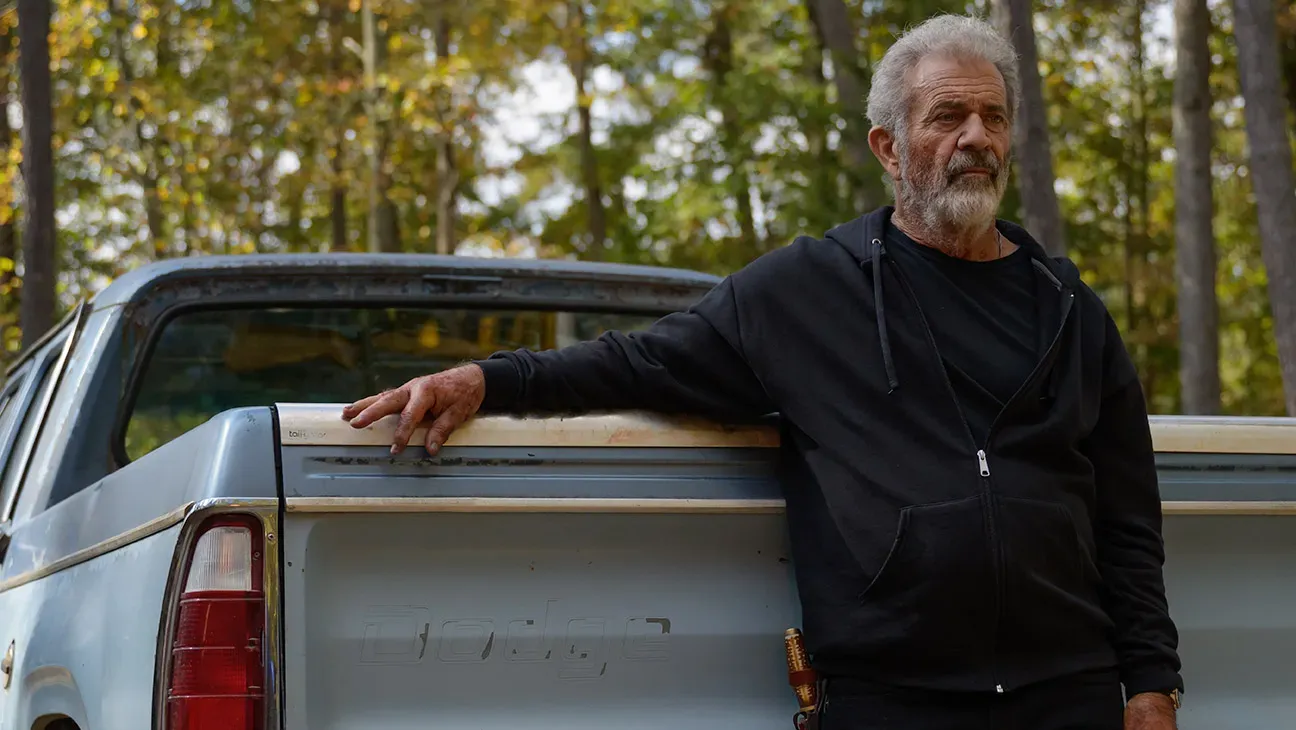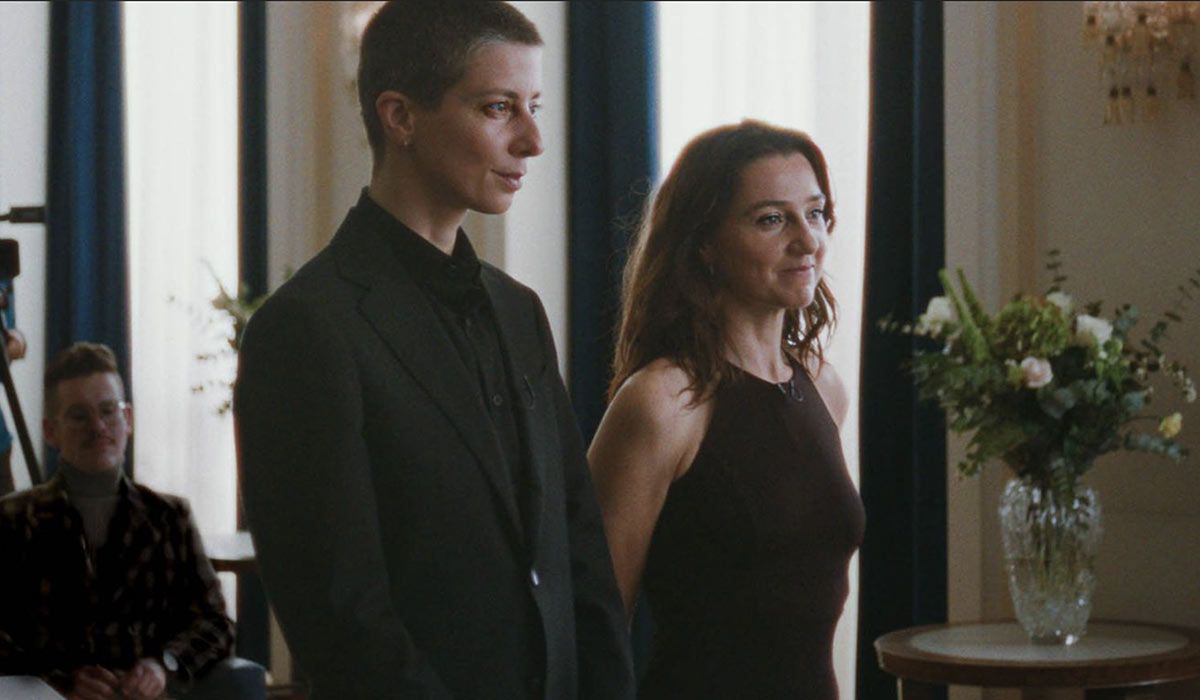
Around the World in Love: An Exploration of Love, Loss, and Politics
- Sep 13, 2025
We find ourselves pulled into the world of Fleur (Nina Meurisse), engrossed in a video where her partner Julian (Laurence Roothooft) performs the Sinatra classic, “New York, New York”, giving us a glimpse into their wondrous love story. Fleur often catches herself lost in this memory; eyes welling up as if yearning for something far beyond the computer screen.
When Fleur breaks the news over dinner, their friends are over the moon. Who wouldn't be? Julian’s calm presence is a perfect counterbalance to Fleur’s lively, ambitious nature. Fleur takes the lead when she proposes an audacious plan for a celebratory global wedding tour across 22 countries where same-sex marriage is acknowledged.
The narrative of Julian takes us on a time travel, from the euphoria of their wedding planning in the 2010s to Fleur's solitary existence in a post-pandemic setup. As the plot carefully unfolds, it is revealed that Julian's health is taking a detrimental turn, which, unfortunately, halts their globetrotting wedding adventures. Yet, director Cato Kusters refrains from making Julian’s condition the focal point, instead splintering the narrative to showcase Fleur’s varying roles--as an enamored lover, a devoted caregiver, and ultimately, a grieving widow, reliving their joyful past through pixels on her laptop. Kusters paints the canvas of their love with svelte touches and unperturbed gazes, not sensational theatrics.
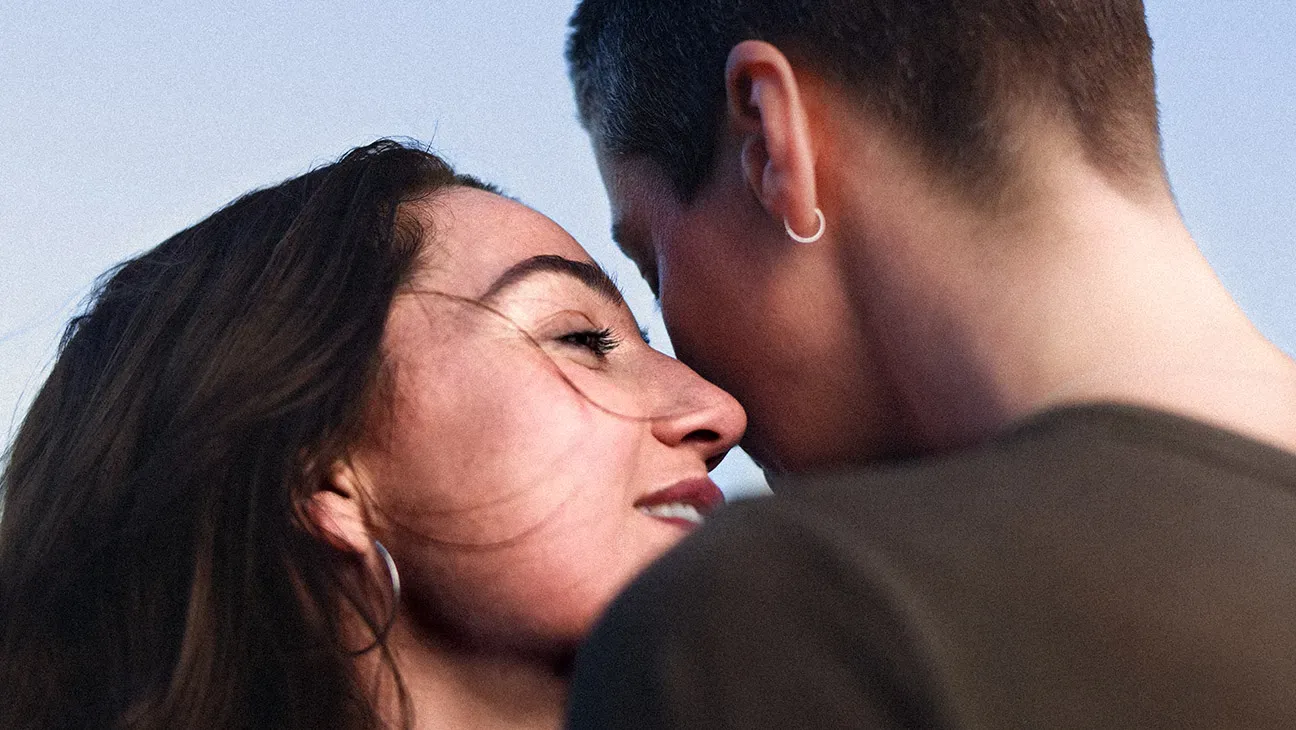
When we first lay our eyes on Julian, it’s the back of her neck that captivates us--a private, unguarded moment. Julian, resonating a masculine aura amidst Fleur's feminine charm, becomes her guide on this road of love strewn with trials and heartache. Julian grapples with the intertwined intricacies of queer existence and the knowledge of her impending fate. She wrestles with strained familial ties, a struggle her partner is spared, as seen in the scenes that take us to her family home, which she stops short of entering. We never really understand why, but we don’t need to. Her body language relays the untold chapters of her life eloquently.
The triumph of this film lies in its ability to wrangle profound emotions. Armed with the knowledge about Julian’s fate and Fleur’s unwavering devotion, we venture into the labyrinth of their shared existence, realizing the struggles that same-sex couples routinely brave in the face of prejudice, apathy, and societal barriers while striving to celebrate their love. Their lives are more than strategic stands against societal norms, they are flesh and blood, susceptible to pain, sickness, and heartache. As the cinematic journey progresses, Fleur grapples with the bitter truth that she cannot shield Julian from the icy touch of death, irrespective of the emotional and political weight of their union.
Kusters has done an impeccable job in casting Meurisse and Roothooft who embody the couple perfectly, and he astutely lets us savor their shared happiness to buffer the inevitable heartache. Julian’s life is brimming with love during her lifetime and even after her demise, Fleur finds a safety net in their supportive community. A poignant climax culminates with a friend serenading a grieving Fleur to sleep over a video call, affirming that while she might be physically alone, she is far from isolated in her grief. With Julian, Kusters makes a commendable directorial debut, threading the tale of love, despair, and the courage that pushes life forward against an ambivalent backdrop.




